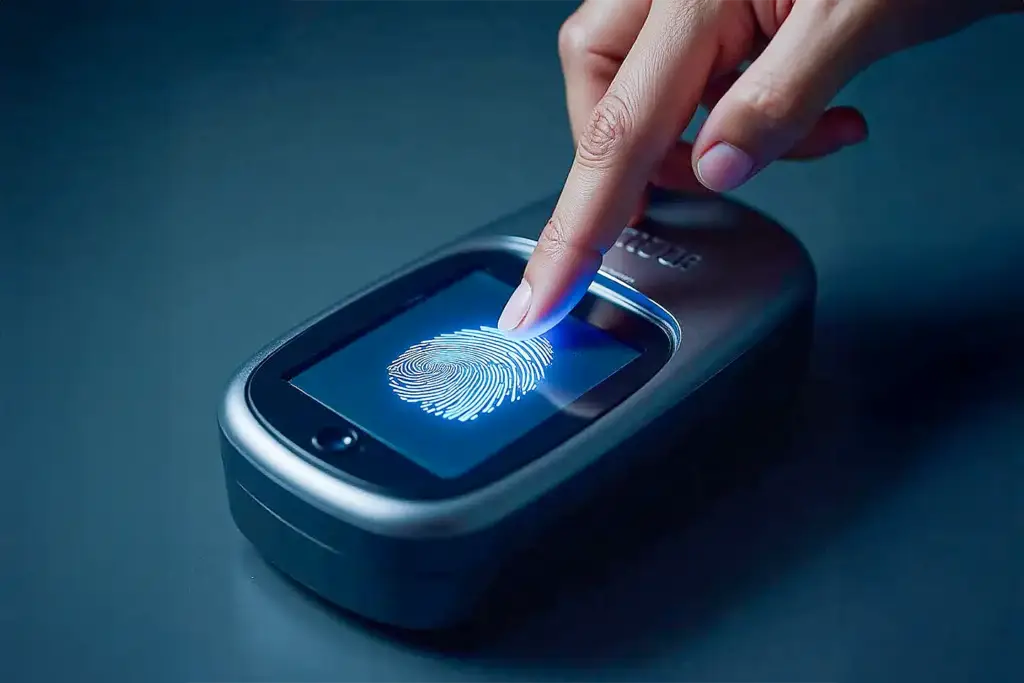The rise of connected healthcare technologies — from wearable devices to remote monitoring and telehealth platforms — is transforming patient care by enabling real-time health data collection and improved medical outcomes. However, as healthcare becomes more connected, the importance of safeguarding patient data privacy grows exponentially.
The Importance of Data Privacy in Healthcare
Healthcare data is among the most sensitive personal information, encompassing medical histories, biometric data, and treatment records. Protecting this data is critical not only for patient safety but also for maintaining trust, complying with regulations, and preventing data breaches that can have severe financial and reputational consequences.
Challenges in Connected Healthcare
Connected healthcare systems introduce several data privacy challenges:
- Patient Consent and Control: Ensuring patients understand and control how their data is used is essential but can be difficult to implement in complex ecosystems.
- Data Volume and Variety: The vast and diverse types of health data generated increase complexity in securing and managing patient information.
- Multiple Access Points: Data flows through various devices, cloud platforms, and networks, each representing potential vulnerabilities.
- Regulatory Compliance: Standards such as HIPAA, GDPR, and other local regulations require strict control over how health data is collected, stored, and shared.
Balancing Innovation and Privacy

While protecting data privacy is crucial, it must be balanced with the need for innovation that improves patient care. Strategies include:
- Anonymisation and De-Identification: Using techniques that allow data analytics without compromising individual privacy.
- Data Encryption: Using strong encryption methods both in transit and at rest to prevent unauthorised access.
- Access Control: Implementing role-based access and multi-factor authentication to restrict data to authorised individuals only.
- Privacy by Design: Embedding privacy features from the earliest stages of healthcare system development.
- Transparency and Patient Education: Clearly communicating data use policies and obtaining informed consent to build trust.
The Role of Technology Partners
Healthcare providers need trusted technology partners who understand the complexities of connected healthcare and data privacy. These partners can offer end-to-end solutions including secure IoT devices, compliance frameworks, data management tools, and continuous security monitoring.
How Global Research Supports Secure Connected Healthcare
Global Research specialises in developing connected healthcare solutions that prioritise patient data privacy without compromising innovation. By combining expertise in IoT, cybersecurity, and healthcare regulations, Global Research helps organisations implement secure, compliant, and patient-centric technologies that foster trust and drive better health outcomes.



